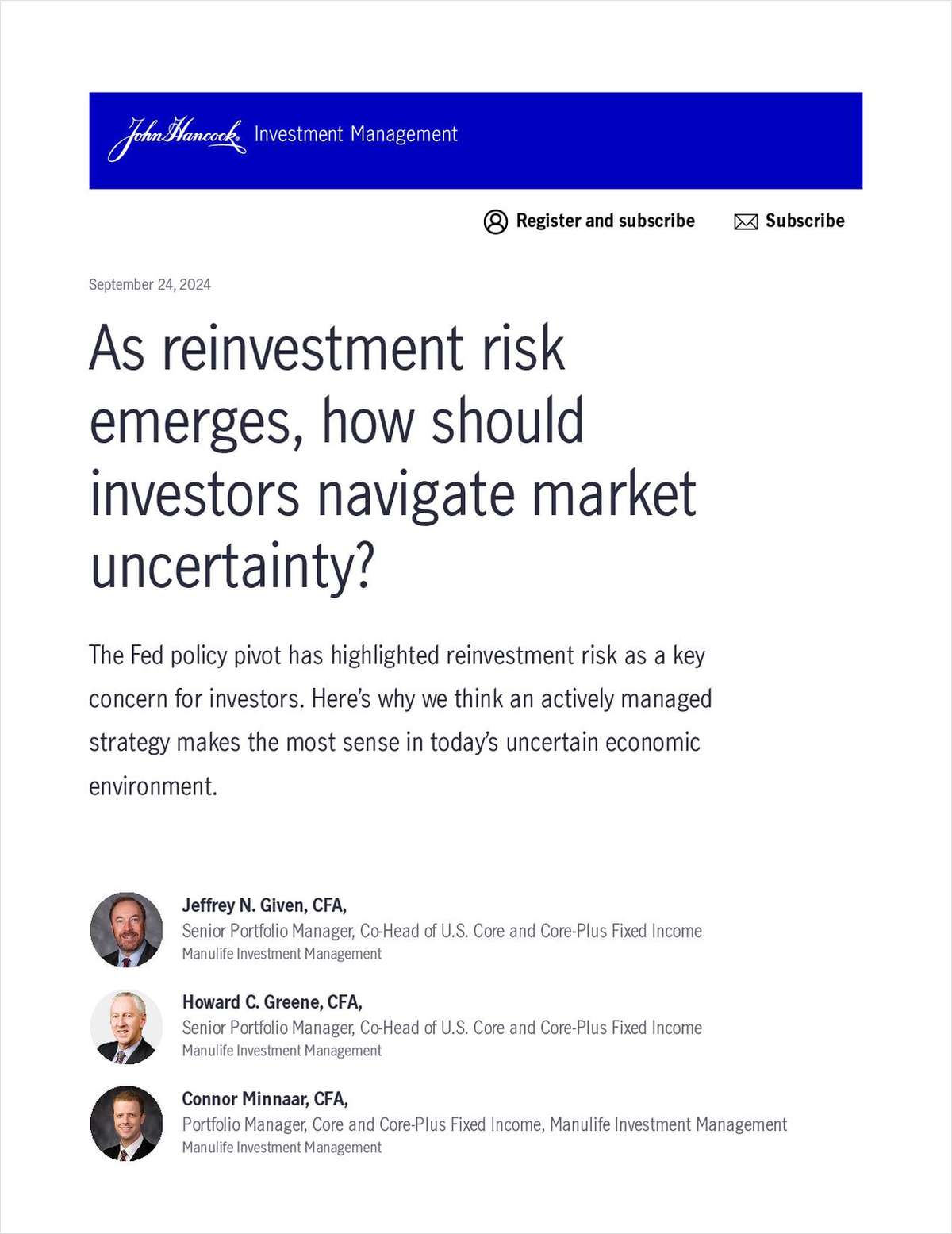Before today, I had never heard of Jim Kidney. And I certainly hope this isn't the last time I do.
Kidney, a longtime trial attorney for the Securities and Exchange Commission, delivered a barnburner of a going-away speech at his retirement party last month, which has only just begun to make the rounds publicly. Thanks to the union that represents the agency's employees, everyone can now read the whole thing. After a career in the SEC's enforcement division that began in 1986, Kidney, 66, was gracious, polite and full of good humor. And for the most part he didn't name names. But sometimes it wasn't hard to figure out whom he was talking about.
For example, note his reference to "broken windows" in this passage:
Combined with the negative views of the civil service promoted by politicians and the beatings we take from the public, it is no surprise that we lose our best and brightest as they see no place to go in the agency and eventually decide they are just going to get their own ticket to a law firm or corporate job punched. They see an agency that polices the broken windows on the street level and rarely goes to the penthouse floors. On the rare occasions when enforcement does go to the penthouse, good manners are paramount. Tough enforcement –- risky enforcement –- is subject to extensive negotiation and weakening.
That one could end up sticking like a glop of tar to Mary Jo White, the SEC's current chief. Back in October, as Bloomberg News reported at the time, White gave a speech in which she said her enforcement program would emulate the "broken windows" strategy used by former New York Mayor Rudy Giuliani to signal that disorder would be not tolerated.
"Minor violations that are overlooked or ignored can feed bigger ones, and perhaps more importantly, can foster a culture where laws are increasingly treated as toothless guidelines," she said. "And so, I believe it is important to pursue even the smallest infractions."
There's something to be said for that, sure. But the SEC also has to go after big fish, not just guppies. And after about a year at the SEC's helm, White is turning out to be not much different than her recent predecessors in that regard. There have been a handful of cases against big names such as JPMorgan Chase & Co. and hedge-fund manager Philip Falcone, but few that caused more than a flesh wound — and never a settlement where a defendant was required to admit liability for fraud. (Heaven forbid.)
There's a lot more that Kidney said that's worth repeating, including his comments about the revolving door:
I have had bosses, and bosses of my bosses, whose names we all know, who made little secret that they were here to punch their ticket. They mouthed serious regard for the mission of the commission, but their actions were tentative and fearful in many instances. You can get back to Wall Street by acting tough, by using the SEC publicity apparatus to promote yourself as tough, and maybe even on a few occasions being tough, if you pick your targets carefully. But don't appear to fail. Don't take risks where risk would count. That is not the intended message from the ticket punchers, of course, but it is the one I got on the occasions when I was involved in a high profile case or two. The revolving door doesn't push the agency's enforcement envelope very often or very far.



